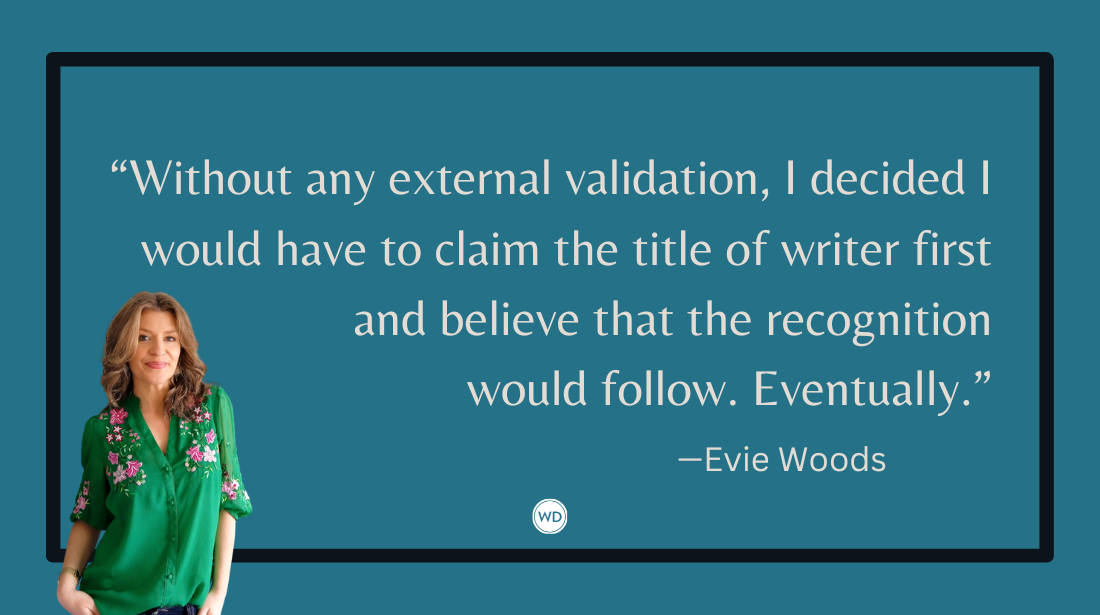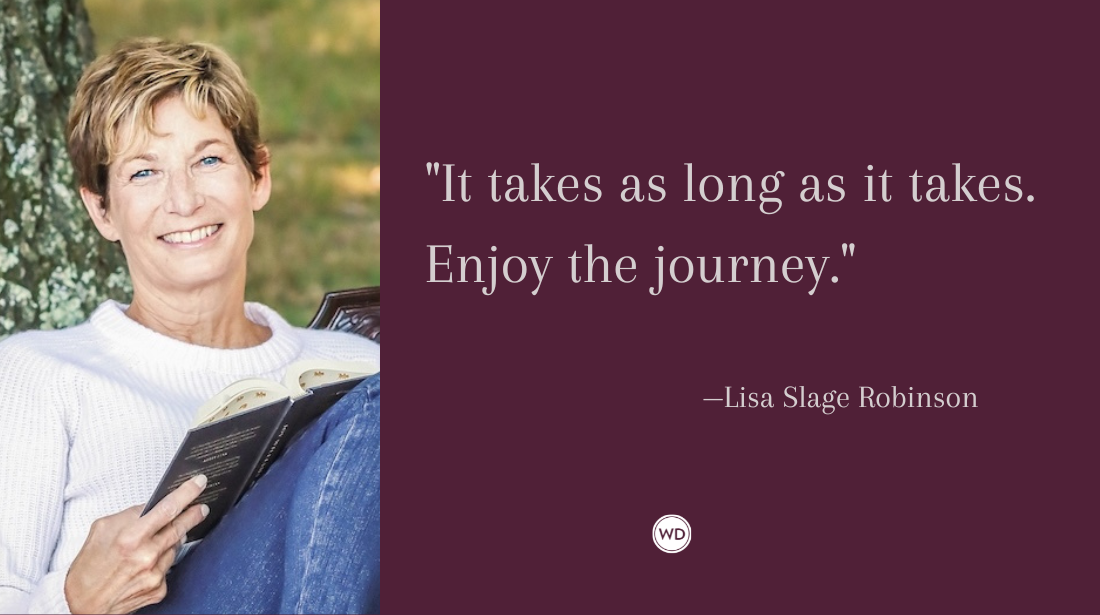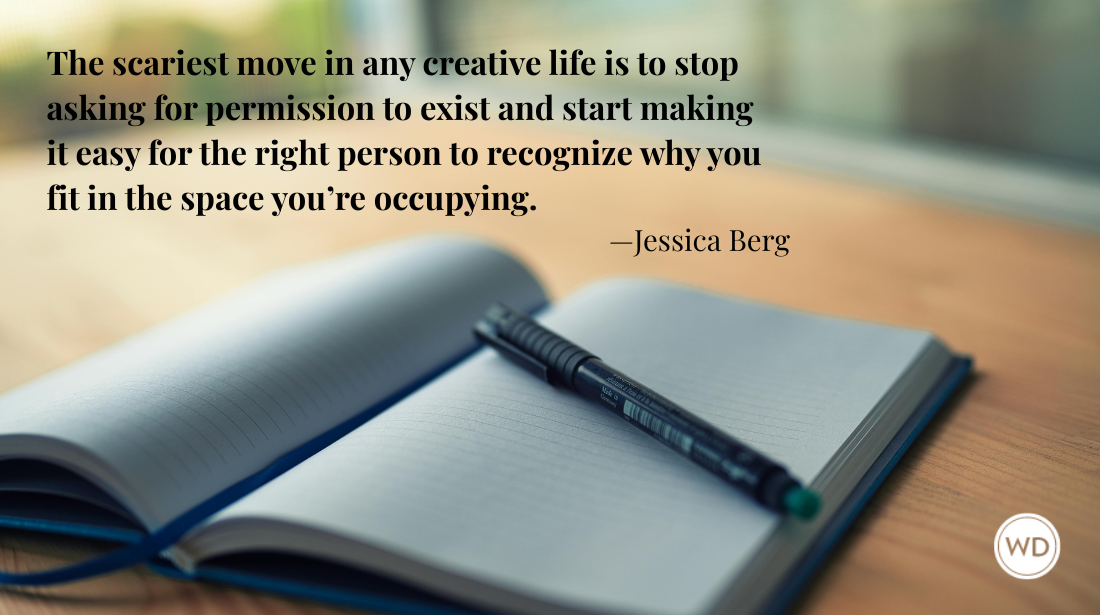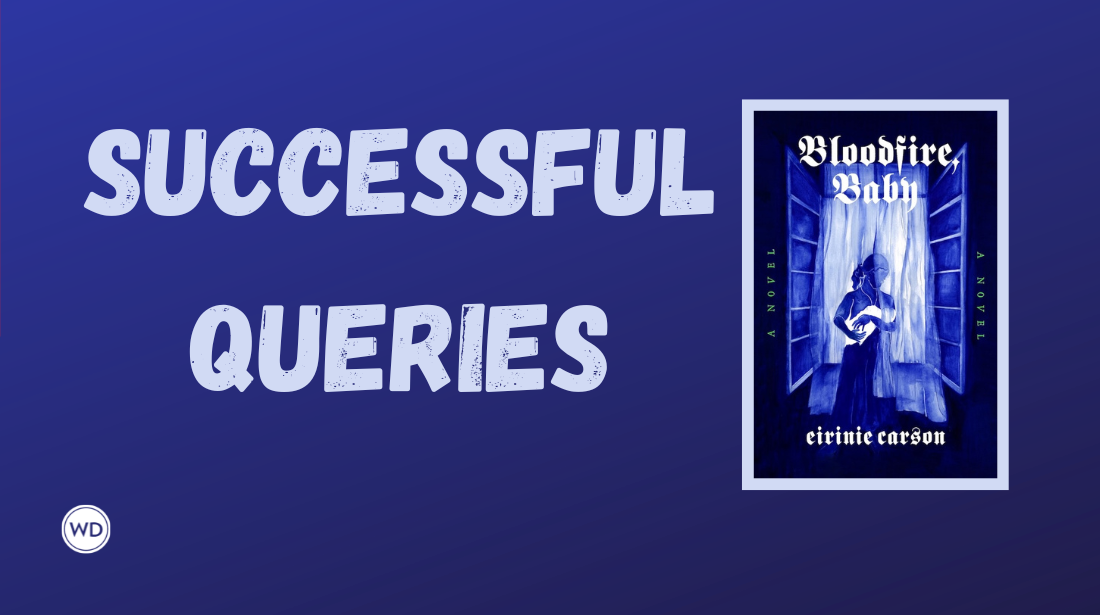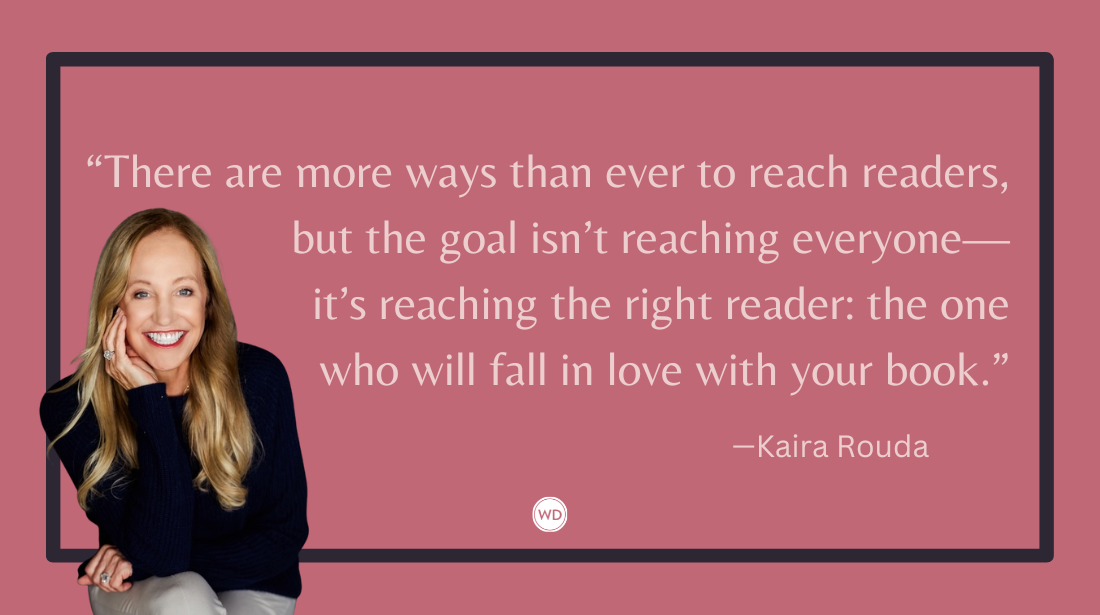10 Tips for a Successful Book Launch
Events are complex beasts and the devil is in the details, so here are some key pointers to give you the best possible chance for a full house at your book release party.
Although today’s virtual world allows authors to connect with their audience without ever leaving their house, virtual communication cannot replace the physical experience of sharing your book and knowledge with a room full of real people at a book signing. Successful book signings help drive word of mouth, move books, built your credibility and platform as an author, speaker, and expert in your field, and allow you to get a true-life sense of your audience.
Unfortunately, both first-time and seasoned authors often find themselves at a bookstore or other venues, surrounded by empty seats, except perhaps the solo ardent fan, the random bookstore straggler, and the bookstore staff sharing a look that says, “Another author we probably won’t invite back.”
Events are complex beasts and the devil is in the details, so here are some key pointers to give you the best possible chance for a full house.
10 Tips for a Successful Book Launch
1. Picking the right venue is half the victory
When you’re creating your list of potential venues, be mindful of location. Is there easy access from freeways? Parking? Pedestrian traffic? It also can’t hurt to think out of the box. Beyond the usual suspects such as bookstores, libraries, reading series, book fairs, festivals, writing panels, and literary & cultural organizations, perhaps the themes/topics of your book might be a fit for museums, churches, community centers, schools, and colleges, art galleries, restaurants, hair salons, movie theaters, the choices are endless. But the key question to ask is, “What track record does this venue have in terms of similar events?” This directly affects your built-in audience, the venue’s mailing list, and their ability to promote the event aside from your own efforts. How much foot traffic can you expect? How much support and organizational savvy can you rely on from the venue/events coordinator? Does the size of the venue match up with your expected number of guests? You get the idea. Do your due diligence.
2. The date/timing trap
Every day of the year, it’s someone’s birthday, someone’s holiday, someone’s marathon, someone’s day to do construction in front of the venue you just picked, or mother nature just decided to let it rain cats and dogs. Life is full of surprises and some things cannot be foreseen, so as much as you can, be prepared, and make sure the day of your event gives you the best chances of getting as many people as possible to cut two hours out of their busy lives to attend your event. Come up with your own best guess as to date and time, then confer with the venue as each will have a slightly different experience as to the best time and dates for your event. This will also depend on your book’s genre and audience. As a general rule, evening events should not start before 7 pm and are best held on a Wed or Thurs. If you choose weekends, do Sun afternoons. On Friday and Saturday, you’re competing with too many other “nights out” events. But again, make sure to ask the venue—some bookstores might prefer Mondays because they have a weekly book club meeting and members tend to stay for events later on.
3. Sell books and feed the crowd
This is one, if not the most important, question to answer—Will the venue order from you, the publisher, or do they have an account with a wholesaler like Ingram or Baker & Taylor? How many books will you need? Bookstores are usually very conservative and order 1/2 or 3/4 of the number for expected attendance. More is not always better, especially if you have to ship books and pay for returns. So spend some time thinking about the number. Once the order is in, mark your calendar to check periodically to make sure books have arrived. Don’t rely on the United States postal service, FedEx, or the venue to pay attention, not even your publisher or publicist. Also, make sure to ask whether it’s ok to serve drinks and food. People love free food. No need to be fancy. It will help get butts in the seats and make everyone love you instantly, trust me.
4. Give yourself enough time for promotion
Ever heard of the concept: “If you build it they will come?” Well, it does not apply to events. Now that you have your venue, date, and time picked, the actual work begins. Make sure to start promoting your event at least a month in advance of the date. Number one reason is that for your outreach to media and events calendar submissions, the lead time is 3-4 weeks. Your newsletter and email to friends should also go out at least three weeks in advance, with another reminder the week before and the day before the event. Outreach to local interest groups (book clubs, meet-ups, literary organizations, etc.) follows the same guidelines. Social media promotion should start about two weeks out and ramp us as you get closer to the date.
5. Brief and visual does the trick
In your events calendar submissions, focus on the “Who What Where When and Why” people should be interested in this event, and include a visual (e-flyer, image, etc.) that will get people engaged. Also, make sure the subject line is brief and engaging. When reaching out to media, the best approach is to send what’s called a media alert that briefly notes the “Who What Where When and Why” along with an image and contact info for you in case they want to cover. Your media alert shouldn’t be longer than three paragraphs. Be specific. Don’t just blast this out to every publication on the planet, but to the media contacts that actually cover books, book events or the specific subject matter/beat your book falls into. Send an eflyer or evite to your friends, mailing list, and local interest groups and ask all of them to share. After your first outreach to media, continue to follow up 2-3 times, particularly the days before the event. Often people won’t actually think about attending until 2-3 days before, so make sure to remind them.
6. Designate on D-Day
Arrive at least 45 minutes before the start of the event. Make sure that your books are clearly visible to attendees. Ideally, they should be placed facing the audience so when you read, your books are right there, beckoning to be bought. Confirm that the venue host/events coordinator or whoever is introducing you will tell people how to buy your book and where you will be signing them BEFORE and AFTER your presentation. Designate a person to video or take pictures. Even if you have a tiny crowd, pictures of you and your book with the store in the background can save the day for social media. Also, designate someone to collect people’s contact info for your mailing list. A nice way to get people to give you their info without feeling exploited is to tell them it will make them eligible to win a free copy of your book at the end of the event.
7. Your big moment
Everyone loves a good story, no one loves sitting for two hours while you read from your book, your face buried in the pages. People want to learn more about you and your book, your background, and your inspiration, so the reading portion should be 15 min max. Don’t rush and don’t use jargon or pretentious language. That’s the quickest way to lose your audience. Look up, pause, perhaps throw in an aside, connect, connect, connect. The rest of your presentation should be Q&A style to invite conversation which is why you should have another friend be the designated instigator to pose questions to you so that the audience knows it’s ok to raise their hands and do the same. Conclude with the giveaway of books to 2-3 people who signed up for your mailing list. People love free stuff.
8. The signing
Make sure to bring a good pen for signing books. That means a pen that doesn’t smear or bleed through the pages. Practice your signature and think about what kinds of things you want to write beforehand, so that you don’t freeze up when people suddenly line up all around the bookstore to get your signature. Also, if there are a lot of people, keep the line moving. If your friend’s aunt monopolizes your attention for 20 minutes, kindly tell her that you can’t wait to chat with her later, but that there are other people waiting. On the other hand, signings are a great way to connect with your readers, so be as personal as possible in what you write and how you interact with everyone. If the bookstore doesn’t approach you about it first, ask to sign stock as signed copies often receive a better inshore placement.
9. Thank the venue
Without the staff, coordinator, tech person, etc. you’d be out of luck. Thank them for everything and tell them how much you look forward to returning with your next book.
10. Leverage the event on social media
No matter how your event went and how many books you’ve sold, your job is to make it look like it was a stellar success and so much fun so all the people who didn’t come feel jealous and vow to attend the next one. Remember: All the social media talk, newsletter announcements, and promotions you put into the event and the updates you post after the event are great ways to extend the life and audience of the event. When all said and done, it’s a great way to keep reminding people that your book exists.
Julia Drake is the co-founder of Wildbound PR, a California-based literary publicity company that works with authors across the globe to gain exposure for their work via traditional and digital media press campaigns, social media marketing, innovative book tours, author websites and high quality promotional videos. She holds a bachelor's degree in film from UCLA and a master's degree in screenwriting from The American Film Institute. Wildbound PR’s book videos have consistently been picked up by the New York Times, Huffington Post, New York Daily News, and other top media. Wildbound also owns TrailerShelf.com, a curated site that helps readers discover their next read by featuring only the best current book trailers. For more info, visit wildboundpr.com or connect with us @wildboundpr or fb.com/wildboundpr.




